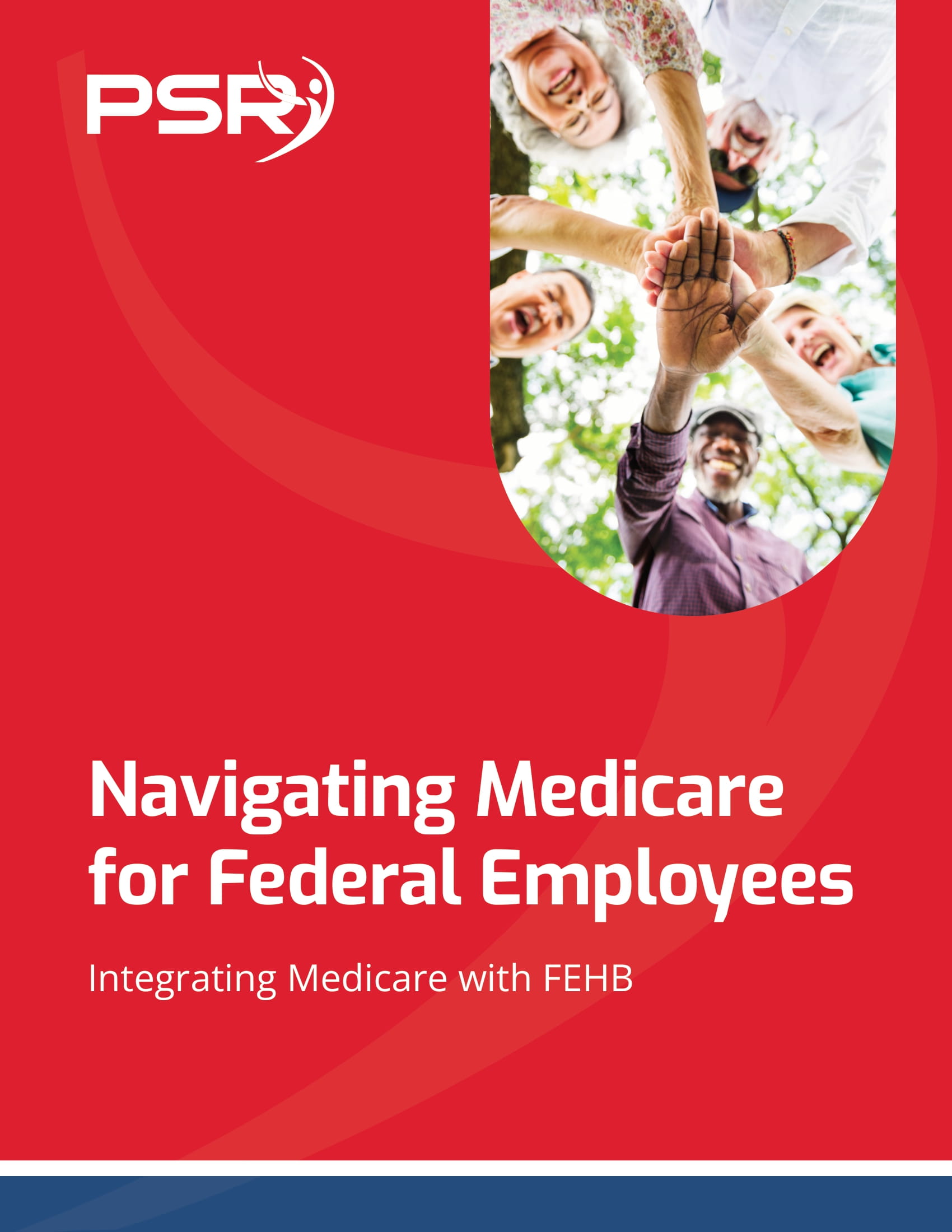Key Takeaways:
- Coordinating Medicare with your federal benefits can lower your healthcare costs in retirement.
- Timing your enrollment and plan choices are key to maximizing your savings.
Your Federal Retirement and Healthcare: Let’s Talk Savings
If you’re like most federal workers, you’ve probably spent a good chunk of your career contributing to both the Federal Employees
- Also Read: Divorce and Your Federal Pension—What Happens When You Split Assets and How It Could Affect Your TSP
- Also Read: What Happens to Your Federal Benefits After Divorce? Here’s the Lowdown
- Also Read: The Best FEHB Plans for 2025: Which One Fits Your Lifestyle and Budget the Best?
What Happens to Your FEHB When You Retire?
First things first—your FEHB coverage doesn’t just disappear when you retire. In fact, you can keep your FEHB plan as long as you meet the eligibility criteria (like being covered for at least five years before retirement). The good news is, once you hit age 65 and become eligible for Medicare, you’ll have a choice to make: Should you stick with your FEHB alone, enroll in Medicare, or use a combination of both?
Here’s where strategy comes into play. Medicare can work alongside your FEHB coverage to fill in the gaps and reduce out-of-pocket costs, especially as healthcare expenses tend to rise in your later years.
Medicare Basics You Should Know
Let’s break it down a bit. Medicare has four parts: Part A, Part B, Part C, and Part D.
- Part A covers hospital care and is usually premium-free if you’ve paid Medicare taxes for 10 years.
- Part B covers outpatient services like doctor visits and has a monthly premium.
- Part C (Medicare Advantage) is an alternative to traditional Medicare.
- Part D covers prescription drugs and requires an additional premium.
For most federal retirees, the sweet spot is combining Medicare Parts A and B with your FEHB. This combo can provide comprehensive coverage and reduce costs, especially when it comes to things like hospital stays, doctor visits, and outpatient care.
Timing Is Everything: When to Enroll in Medicare
When you turn 65, Medicare kicks in, but you don’t have to automatically enroll in everything right away. The key is knowing when to enroll to avoid penalties or gaps in coverage.
Here’s a quick rundown of the important enrollment periods:
- Initial Enrollment Period (IEP): You have a 7-month window to enroll in Medicare when you first become eligible (three months before your 65th birthday, the month of, and three months after).
- General Enrollment Period (GEP): If you miss your IEP, you can sign up during the GEP from January 1 to March 31 each year, but you may face late enrollment penalties.
- Special Enrollment Period (SEP): If you’re still working and covered by your employer’s group health plan at age 65, you can delay enrolling in Part B without a penalty. Once you retire, you’ll have eight months to sign up during the SEP.
So, if you’re retiring at or after 65, you’ll want to make sure you sign up for Medicare during your IEP to avoid any gaps or penalties. Even if you’re not retiring right at 65, it’s good to understand your options.
How FEHB and Medicare Work Together
Once you’ve enrolled in Medicare, here’s where the savings come in. If you choose to keep your FEHB coverage, Medicare becomes your primary insurance, and your FEHB plan acts as secondary coverage. This means Medicare pays first, and your FEHB picks up the remainder, leading to lower out-of-pocket costs.
For most federal retirees, enrolling in Medicare Part A is a no-brainer since it’s typically premium-free and offers coverage for hospital services that FEHB doesn’t cover as well. Part B, however, requires more consideration since it comes with a monthly premium. But if you opt for Part B, your FEHB costs can significantly drop. This is because FEHB can cover many things that Medicare doesn’t, and together, the two programs can help you avoid paying out of pocket for things like deductibles and co-pays.
Weighing the Costs and Benefits of Medicare Part B
Here’s the big question for many retirees: Is Medicare Part B worth it?
Medicare Part B comes with a premium, and while some retirees hesitate to add another monthly bill, it’s important to weigh that cost against the potential savings. By enrolling in Part B, you can often reduce your FEHB premiums and limit your out-of-pocket expenses for medical services like doctor’s visits, surgeries, and outpatient procedures. For many federal retirees, the peace of mind that comes from having comprehensive coverage makes the additional cost worthwhile.
Should You Skip Part B?
There are some situations where you might consider skipping Part B, especially if you’re healthy and expect minimal doctor visits. But keep in mind, there are risks. If you decide to enroll later, you may face a permanent late enrollment penalty (10% for each year you delay enrollment). Plus, you’ll only be able to sign up during the General Enrollment Period, which could lead to a coverage gap if something unexpected happens.
Most retirees find that signing up for Part B at 65 gives them the best balance of coverage and cost savings. It’s a trade-off, but for the majority, it’s worth it.
Prescription Coverage: Do You Need Part D?
Many federal retirees don’t need to enroll in Medicare Part D (prescription drug coverage) because FEHB plans typically provide excellent drug benefits. However, it’s always worth reviewing your current plan to make sure you’re getting the best deal. Since Medicare Part D comes with an extra cost, it’s usually unnecessary if your FEHB plan already offers solid prescription coverage.
Keep an Eye on the Deadlines
It’s easy to get overwhelmed with all the deadlines and options, but keeping track of important dates can save you from costly penalties. Remember, once you hit age 65, the clock starts ticking for your Medicare Initial Enrollment Period, and missing it could lead to permanent late fees and gaps in your coverage. If you’re still working past 65, mark your calendar for the eight-month Special Enrollment Period that starts after you retire.
Wrapping Up: Play It Smart with Medicare and FEHB
Navigating Medicare as a federal retiree doesn’t have to be tricky, as long as you understand how to coordinate it with your FEHB coverage. By making strategic choices about when to enroll and which parts of Medicare to sign up for, you can maximize your savings while enjoying comprehensive healthcare in retirement. Whether you decide to keep your FEHB, add Medicare Parts A and B, or skip certain coverage, the key is knowing your options and making the decisions that work best for your situation.












